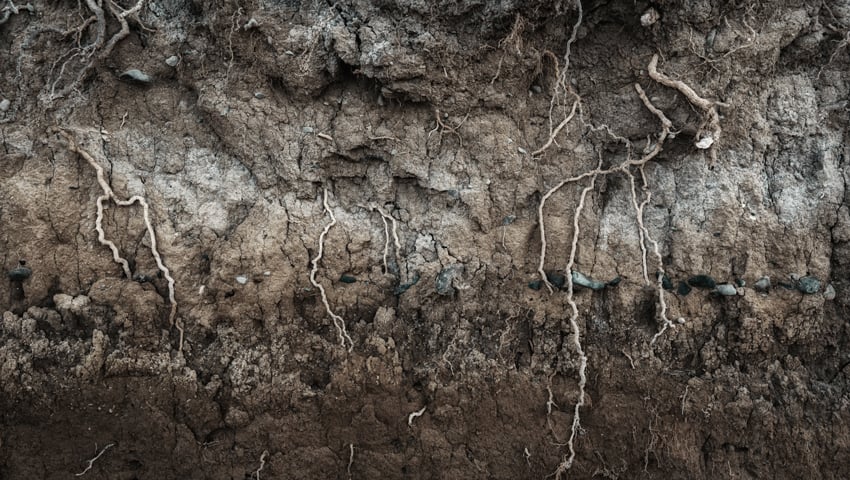John Gilliland is Professor of Practice in Agriculture and Sustainability at Queens University Belfast and a co-founder of the ARCZero project.
Gilliland works with AHDB and SRUC – and he’s a keynote speaker at this year’s Da Byw livestock conference, which takes place in North Wales next week on the 14th and 15th June.
8.9ha editor, ffinlo Costain, spoke to Professor John Gilliland for 8.9 TV, and asked him what key message he’ll be bringing to Da Byw?
Gilliland said, “For me the key message is that people should not be afraid of this journey. The very first thing that any farmer needs to do is to know their numbers. How do we help them understand what emissions their farms do produce – what carbon stocks are actually in that farm – and then once we have that knowledge we can have a more informed conversation.”
The conversation turned to the way that carbon is measured, and the difference between assessing carbon flows and carbon emissions.
Gilliland said, “The very first thing we did with the ARCZero project was to define the end goal. This phrase that people use – net zero – is enshrined in UK legislation. We looked up the legislation and what’s interesting is that it doesn’t say that net zero is about zero emissions – that’s not what it says. What we want to do in ARCZero is deliver what is legislatively asked of us, which is how do we get our emissions down, not to zero, but down – and then how do we do the other side of the coin, to build carbon stocks up. How do we take carbon emissions out of the sky and lock it in trees and hedges and soils. If we do both of these simultaneously we will accelerate our journey towards net zero.
“Most people don’t understand the complexity of farming and land management, and that it’s circular. Particularly biogenic carbon which is the biological side, not the fossil fuel side, most people don’t understand that it is cycling.
“Six weeks ago I had the pleasure of giving evidence in the House of Lords around methane and most people did not realise that your biogenic methane, belched out of an animal, only comes from the grass that photosynthesised the day before, taking carbon out of the sky – and by the way, what comes out the other end of the animal: faeces, is absolutely gold dust for the microbes in the soil, that will lock up carbon and lock it under the soil.”
Gilliland explained what had made the long-running ARCZero project so successful. He said, “The success of what we did on ARCZero is that even for the people who were prepared to step up to the plate – the journey that we went on was revelationary.
“The granularity with which we have been measuring is unprecedented. We have used aerial Lidar technology surveys from aeroplanes – we’re measuring our landscapes at 40 scans per square metre (a satellite will do one scan per 10 square metres). When you see the Lidar image of your above-ground biomass – that’s your trees and hedges in three dimensions – when you see a run-off risk map of where the surface water leaves your land, taking soil, maybe nutrient, maybe pesticide and discharging in the river – the resolution of that is mind-blowing.
“Of all the tools we’ve had in our toolbox – I’m really passionate about measuring soil organic carbon down to what we call the C-horizon, or the bedrock, and not just the top 7.5cm or 30cm. That level of detail is really interesting, and if you can have that done in a non-threatening way, and have that provided with training, most farmers, regardless of where they start off, will say, ‘Wow’ – it is really accurate.”
Gilliland concluded by explaining the importance of baselining.
He said, “It’s our plan to come back every five years and do [the Lidar measurements] again. This journey is not only a journey of change, it’s also about us as farmers measuring the change we achieve.
“My message to all farmers is the same – do not be afraid of baselining and granularity, because on the journey we’re going on, it will be your friend. It will validate what you are actually doing already, and as you go on your journey of positive change for your business – so that your business remains profitable – you will actually be able to show the doubters out there the scale of change that you are delivering.”
